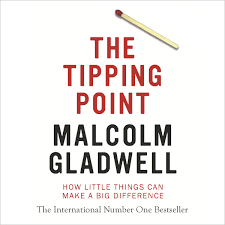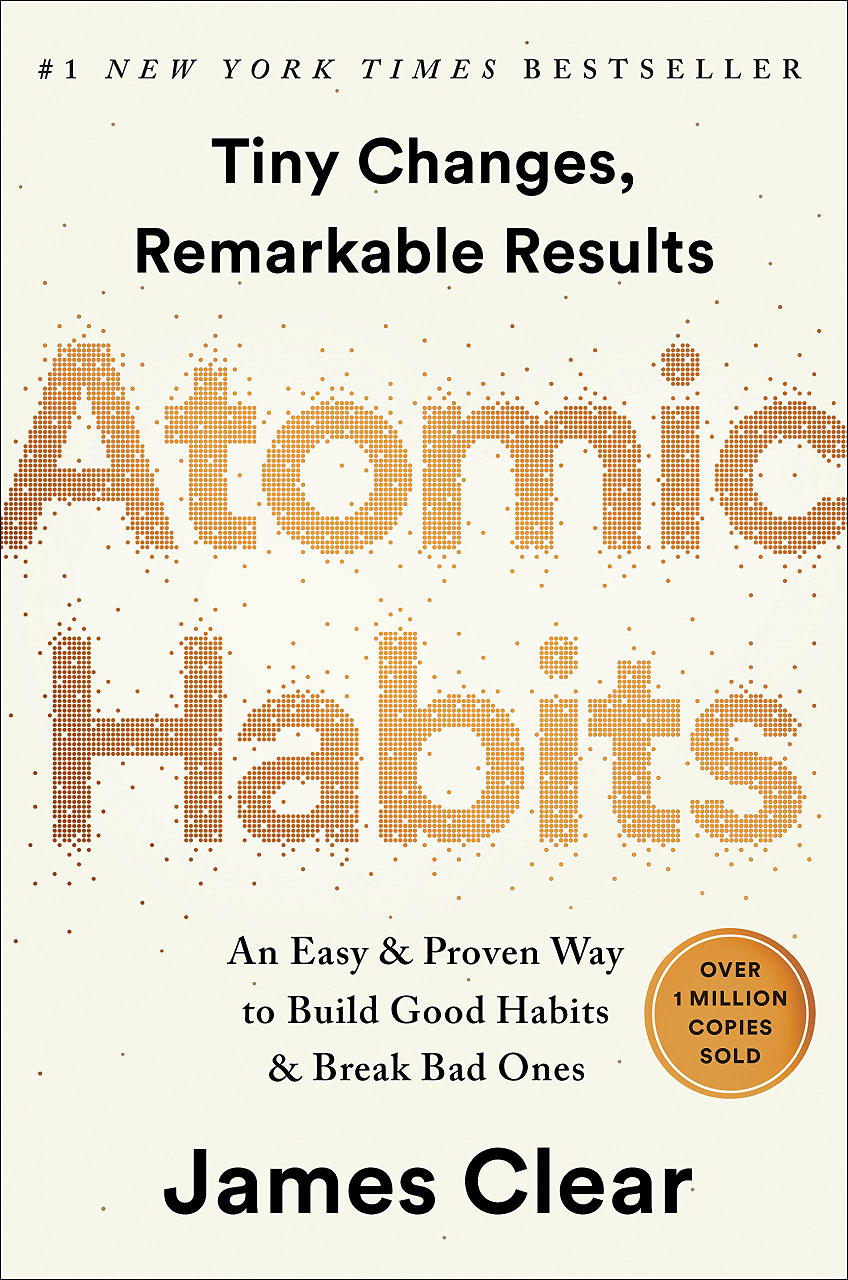The Tipping Point: How Little Things Can Make a Big Difference – Book Insights and Analysis
“The Tipping Point: How Little Things Can Make a Big Difference” is a book written by Malcolm Gladwell, first published in 2000. It explores the concept of how small changes or factors can lead to significant and sudden shifts, or “tipping points,” in various phenomena. Here are some of the important topics discussed in the …










